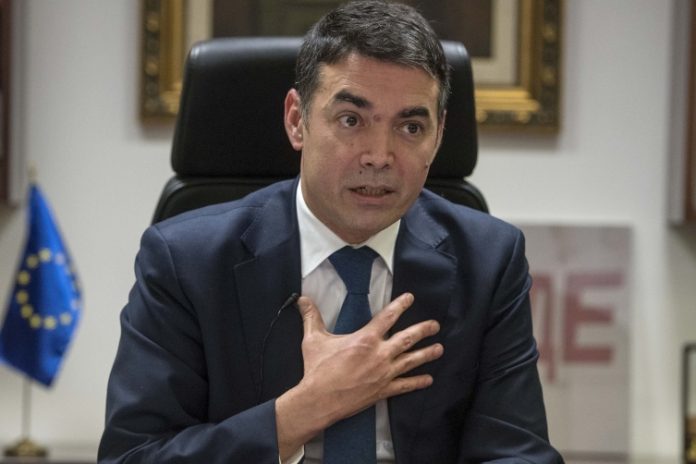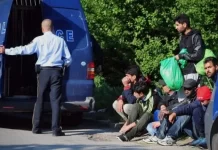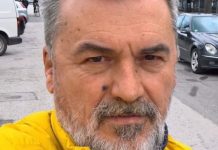The day when Bulgaria vetoed the start of EU accession negotiations with Macedonia was neither a good day for Europe nor for the European perspective of our region, and especially not for us, Deputy PM for European Affairs Nikola Dimitrov said in an interview with Vienna daily newspaper Der Standard.
He points out that Bulgaria’s veto sends a very bad signal for the Western Balkans region that the EU hasn’t recognized what the country has achieved so far, when in the past three years it solved problems with neighbors, took great steps towards an open, democratic and multiethnic society, and implemented reforms to build the rule of law.
However, according to Dimitrov, now we want to prevent despair and nationalism and that’s why, even if we can’t unblock Bulgaria’s veto, we turn towards the friendly countries of the Union, so that we can achieve the European standards without the EU accession process.
If our accession process is reduced so much to a bilateral issue that discussions on the history become more important than the fight against corruption, the independence of judiciary, the functioning of democratic institutions, freedom of the press, environment and energy, then it is not a process of Europeanization, but of Balkanization. That’s why we need a reform agenda with a network of friends who are here to help us. We need to set clear goals and work on them. Because we shouldn’t be wasting time,” says Dimitrov.
The Deputy PM underlines that the country is not giving up on talks with Sofia, but we won’t negotiate who we are and what language we speak.
“It’s part of a historical process, not a political decision. We owe it to our people to protect their dignity and identity,” Dimitrov points out, adding that in 21st century Europe there should be no room for such a debate, because our language is our business, and questioning a neighbor’s language and identity is not good neighborliness, not even decent in 2020.
Deputy PM Dimitrov notes that “who we are – namely Macedonians – and what language we speak – namely Macedonian” – is in fact a question of internal affairs and self-determination.
“It’s difficult to understand that in Article 3 of the Treaty of Lisbon, the EU recognizes the respect for cultural and linguistic diversity, but at the same time the Macedonian language is an obstacle to the start of accession negotiations. This is a challenge not only for us, but also for the European Union as a community of values. Here, in the region, we have a rich history, but we’re clearly failing to create a sufficient future,” Dimitrov points out.
He mentions that as part of the Friendship Treaty with Bulgaria a joint commission of historians was set up, who should discuss historical issues. However, he notes, in recent weeks and months the discussion on historical issues has become dominant and undermines the political process and mutual relations.
“Bulgarian historians rejected reports containing the adjective “Macedonian.” And so this issue of identity became an obstacle to the commission’s work. But to be fair: if a perfect agreement to all parties on historical issues were a precondition, the European Union would have never even been created. The concept of “historical truth” is obsolete in modern science. Multiperspectivism is the idea now. Accession should also be about adopting the law of the community and the European principles, not history being the central issue,” stresses the Deputy PM for European Affairs.
Dimitrov points out that the country has great support for start of the accession talks, adding that Germany’s EU presidency will continue to work on approving the first EU-North Macedonia intergovernmental conference in December.
“And we’ll continue to be careful not to give anyone a reason to block us. However, this does not mean negotiating the non-negotiable. We’ll Europeanize North Macedonia one way or another. If there is a dignified solution to this challenge, we’ll make full use of the accession process; if this is not possible, then we’ll rely on our friends’ networks and work to keep the country in good shape for when the situation changes,” Dimitrov told Der Standard.



